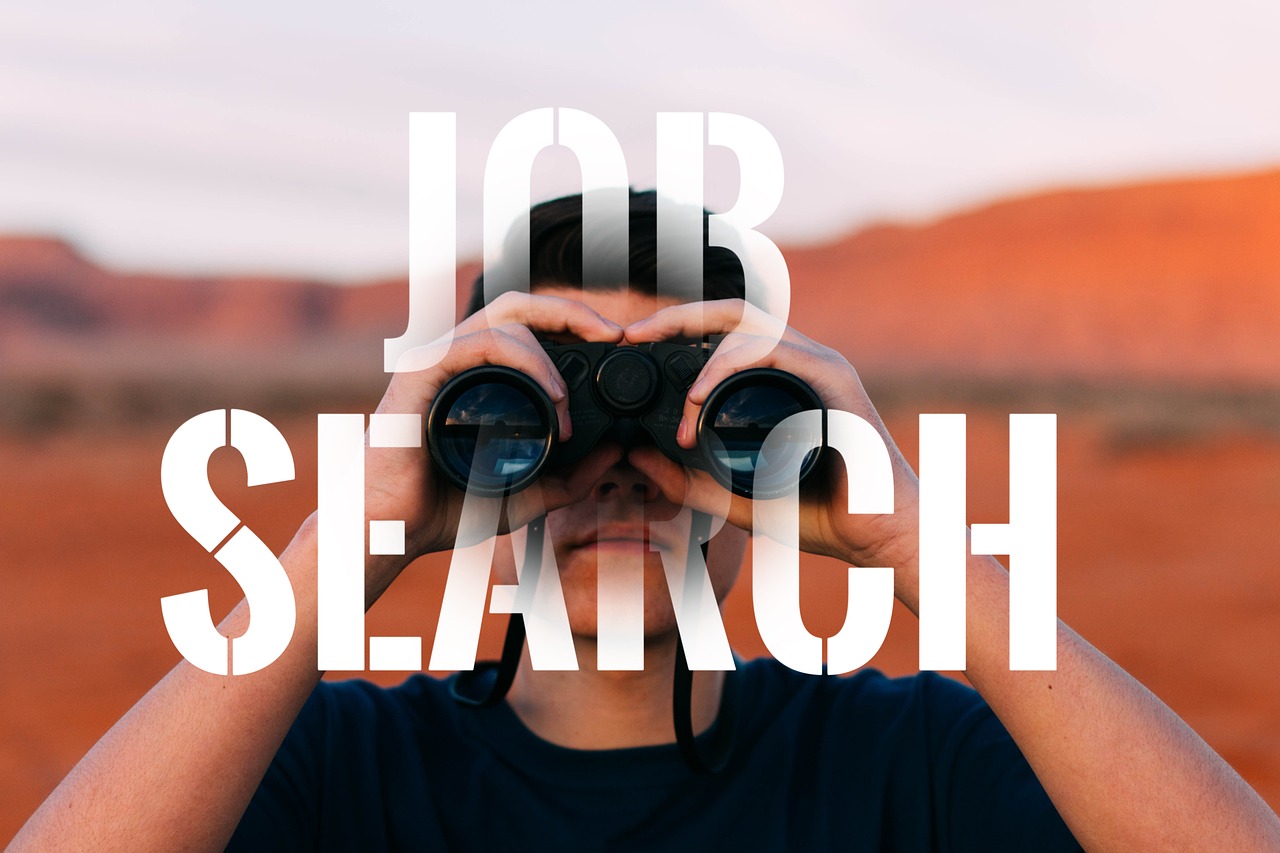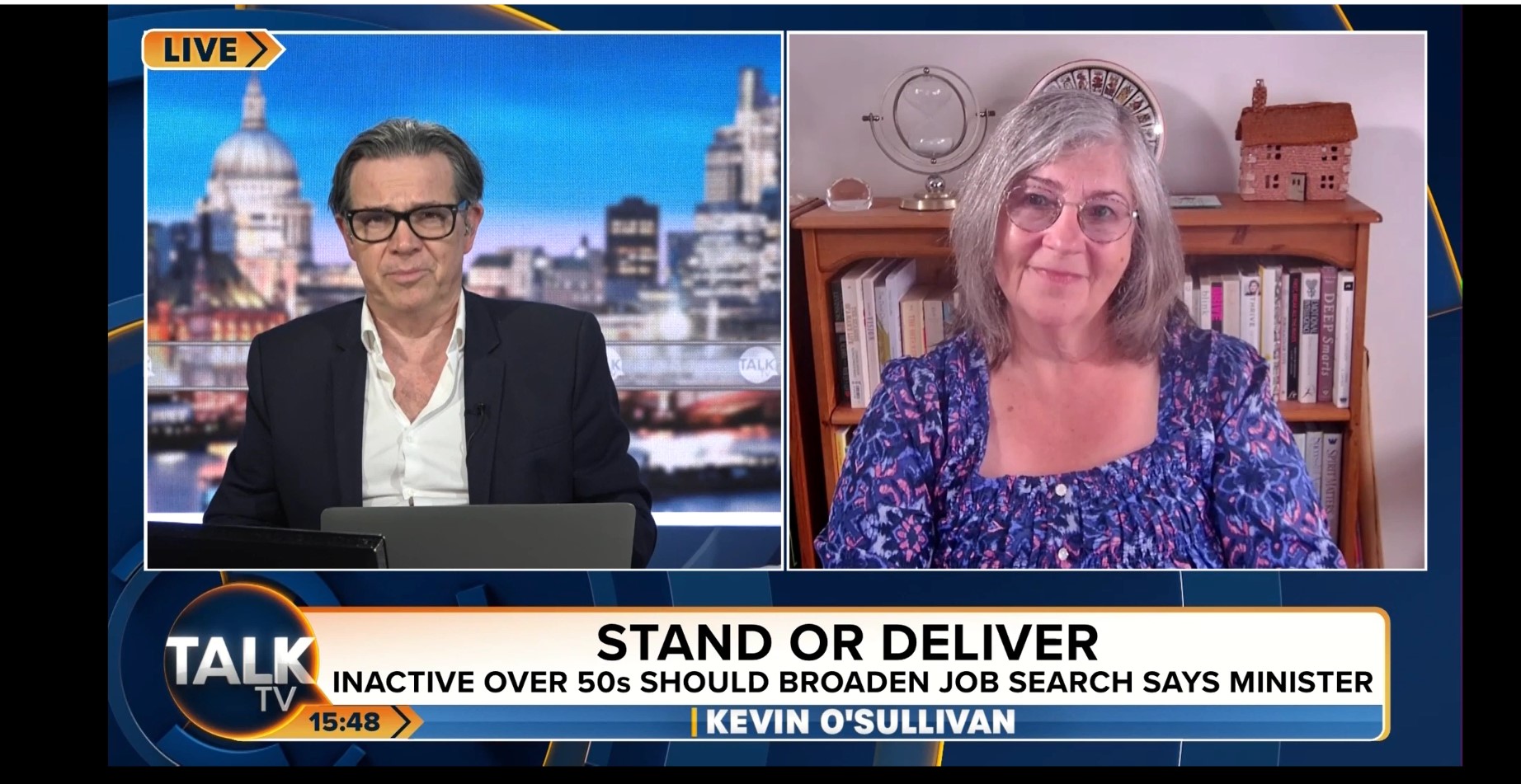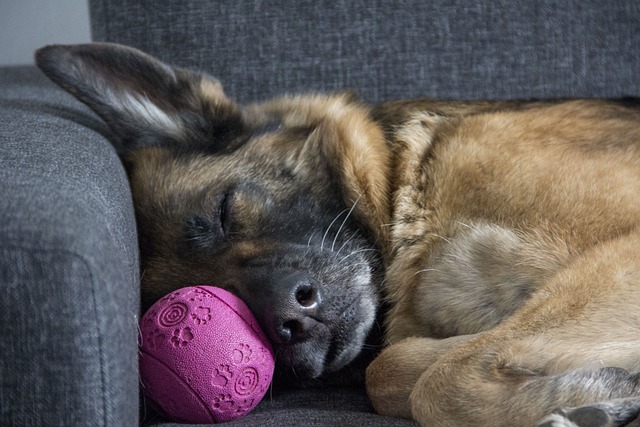Over to you … Questions to ask at the end of the interview
At the end of the interview, you will be asked if you have any questions. Far too many candidates miss out, and say that everything has been covered, this makes for a week ending. Demonstrate you have done your homework and choose questions to enhance your performance. The best candidates open their briefcase and pull out a pad with a few questions listed and then ask about 3 or 4 questions.. Include at least one question to emphasise particular skills. Avoid asking questions about salary, holidays and perks, of course you want to know this information but leave these till after the job offer.
Here’s a list of questions to ask plus reasons why these are great questions.
Since this job was advertised, have your requirements changed?
This is a candidate who has a clear understanding of what is included in the job ad and has been thinking about how they match up. They want to be able to provide additional information to support their application.
I’ve researched the xxx industry, and yyy and zzz have a larger market share. Is {company name} happy to be in 3rd position?
This is a candidate who has done their research and can think strategically. It’s a great question at a professional/ managerial level. For a more junior position you could be seen as ‘too smart’, and someone who will be too eager to progress to a higher role.
If I was to be offered the job, what preparation could I do?
This creates a very favorable first impression, this person wants to know about any reading etc. that could be done. As the interviewer I’d make a note to send them reading material if offered the job.
What are the key priorities for this job?
The candidate is visualizing themselves as successful in this job. They want to find out if there are any major problems and probably also to identify areas where they could make ‘quick wins’.
What kind of person are you looking for to fill this position?
This is someone who wants to be able to match the requirements of the job to their personal qualities, skills and experience. It demonstrates confidence that they can provide positive examples. An interviewer may tell you that they need someone with, for example, good problem solving skills or presentational skills. You would then follow this up with a specific example.
How do you see this company developing over the next 5 years?
You are someone who is interested in the medium term future. Possibly someone who has done some research and will follow up with something to show further knowledge and where they can add value. If all the candidate says in response to this is ‘thank you’, this can lead to disappointment in the interviewee.
Would this role benefit from someone who is able to simplify processes? I’m asking as when I was in my last job I introduced process mapping which resulted in savings of time and increased effectiveness.
The candidate is asking this question to allow them to demonstrate particular strengths and will come across as well prepared. It demonstrates a candidate who has thought carefully about the job and the additional skills they can offer an employer. For this question to work what you suggest has to be something relevant to the job.
What do you particularly enjoy about working for {name of company}
The interviewee is looking for insight into what I think about the company, looking for any hint that this may not be a great company to join or any problems, They want me to ‘sell’ the company to them. With a high calibre candidate they may also have interviews lined up with other companies, I want them to choose us.
If I’m successful, can you tell me what is likely to happen in my first week
This person wants to know if we offer a formal induction process or will they be expected to fit in right away. They are thinking of themselves in the job and might be thinking about the preparation they can do.
How does this job contribute to the success of the organisation?
Many people in back room roles pay little attention to the company they work for. They do their job but could be working for any company. This is a candidate who wants to see the connection between job and company. It creates a very favorable impression.
If I’m successful, where might you see me in 3-5 years time?
Most people want to a job which can lead to promotion. 3-5 years means that this person isn’t looking to get promoted in under a year, and give me the headache of having to fill the job again and they have a reasonable level of ambition.
Is support available for people who want to gain an extra qualification?
This is someone who is interested in professional development and is likely to be willing to study in their spare time. They come across as someone who recognizes the importance of professional development. I’d follow up by asking them what they are considering studying, have they thought about what is relevant to the job or are they expecting the company to make the suggestion.
I am very interested in this job and believe I can do well. Do you have any reservations about my ability to do this job?
This is a good question, asked by people who are confident in their ability to do the job. However you may not get an answer. Highly trained interviewers will not as they are trained to concentrate on asking questions and taking notes, leaving the analysis till later.
I’m really impressed with your company, its products / services and everyone that I have had the opportunity to meet. I’m confident I could do a great job in the position we’ve discussed. When can I expect to hear back from you?
This question is far more detailed than ‘when will I hear back from you’ and so creates a positive impression. The candidate wants a date so they can follow up. It makes it clear that they are very interested and want to progress in their application.
Before leaving today, would I be able to look around?
This question demonstrates high interest in the position and the company. If they say yes, make sure that you ask several questions of the person who shows you around as they will likely be asked for their opinion of you. You can enhance the positive impression through referring to what you noticed in the follow up letter.




